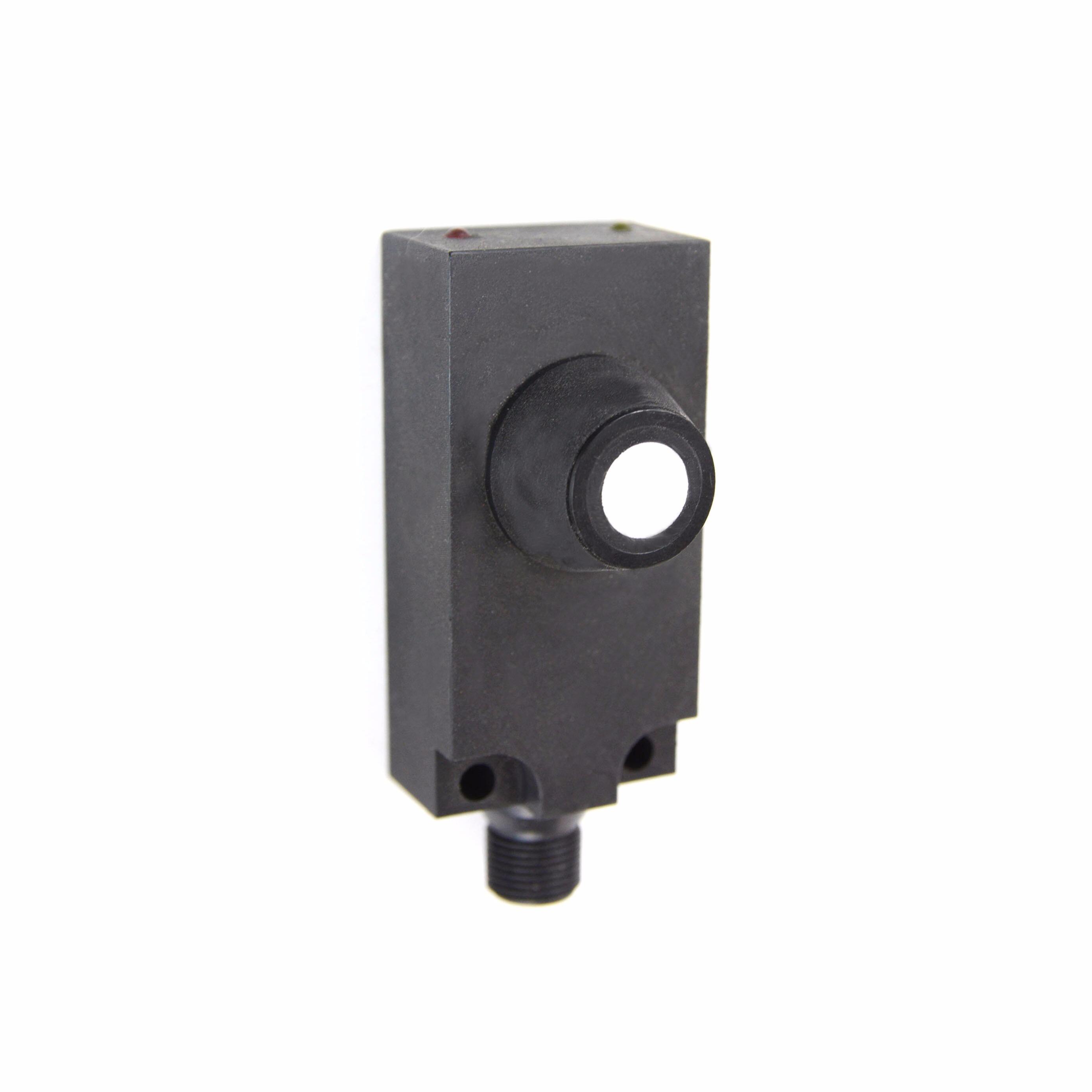용량성 근접 센서
정전식 근접 센서는 비접촉 감지 기술 분야의 첨단 솔루션으로, 금속 및 비금속 물체를 모두 감지하기 위해 정전용량 측정 원리를 활용합니다. 이러한 고도화된 장치는 정전기장을 생성하고 물체가 이 영역에 진입할 때 발생하는 정전용량의 변화를 감지합니다. 뛰어난 정밀도로 작동하며 플라스틱, 액체, 금속, 분말 등 다양한 재료를 감지할 수 있습니다. 센서는 두 개의 도체 판 사이에 정전기장을 형성하여 작동하는데, 하나는 센서 표면이고 다른 하나는 대상 물체입니다. 물체가 감지면에 가까워지면 정전기장이 변하게 되고, 이를 통해 센서의 출력 신호가 작동됩니다. 이러한 장치들은 감지 거리를 정밀하게 조절할 수 있는 민감도 조정 기능을 제공하며, 일반적으로 1mm에서 25mm 범위 내에서 감지가 가능합니다. 최신 정전식 근접 센서는 온도 보상과 같은 고급 기능을 탑재하여 다양한 환경 조건에서도 신뢰성 있는 작동을 보장합니다. 정밀한 위치 결정, 레벨 감지, 재료 구분이 필요한 응용 분야에서 특히 탁월합니다. 견고한 구조와 무접점 설계 덕분에 기계적 마모가 없어 오랜 사용 수명을 제공합니다. 제조 자동화, 식음료 가공, 제약 생산 및 정확한 비접촉 감지가 필수적인 다양한 산업 분야에서 널리 사용되고 있습니다.
